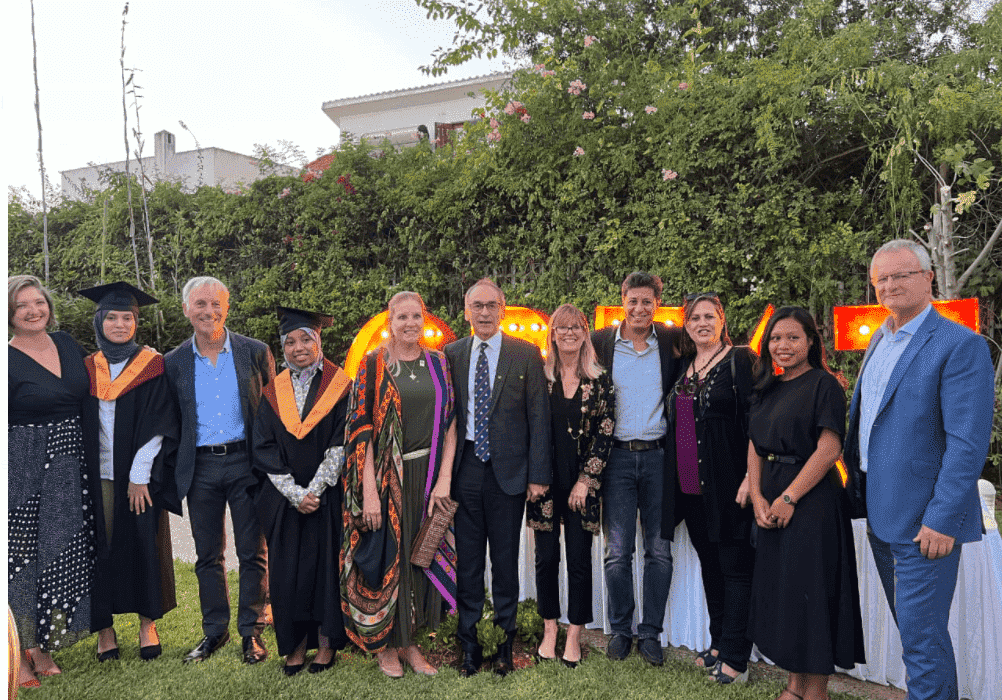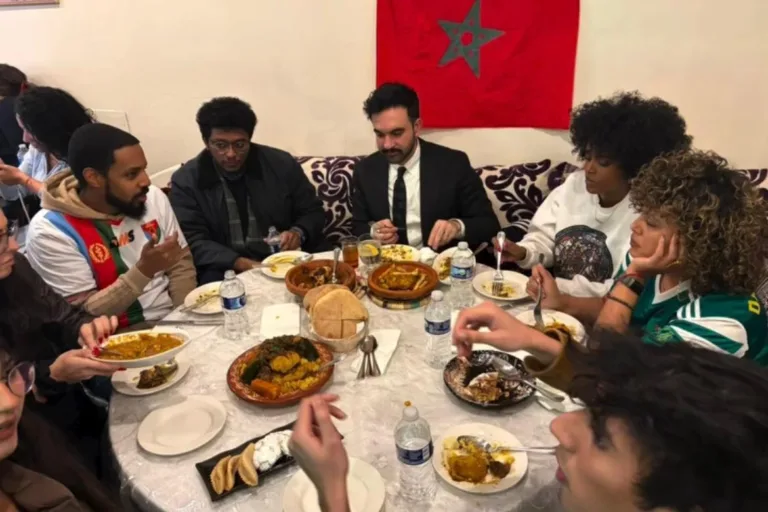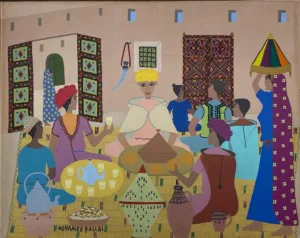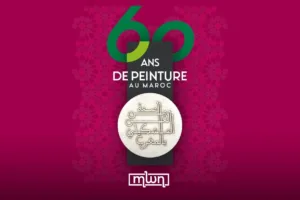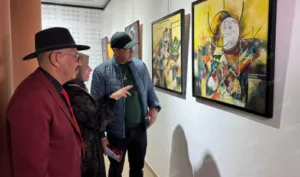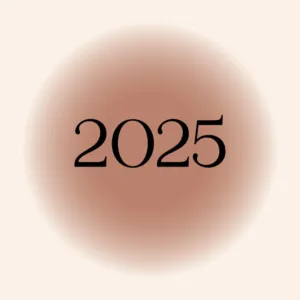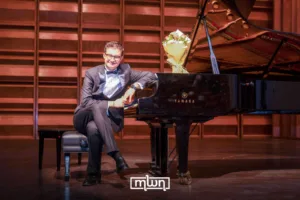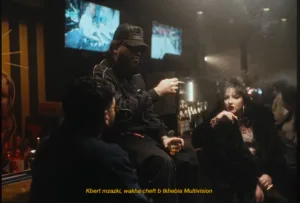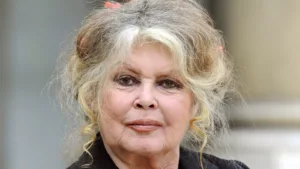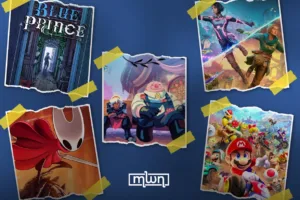Rabat – From November 26-28, Marrakech will be the focal point of a series of conversations concerning the rising popularity of English in Morocco and its significance as a language of connection, fun, and adventure.
The Marrakech English Book Festival, which will run for three days, will be driven by the desire to connect Moroccans, especially its youth, to the English language, and the hope of building a bridge between the the English speaking community in the country, according to the British Business Association (BBA) Morocco, and the British Moroccan Society (BMS), the organizers of the event.
The festival is governed by a small Literary Advisory Committee and comprises a series of multiple events featuring Moroccan and international authors and artists, a pop-up English bookshop, as well as children’s storytelling in the famous and culturally significant Djemaa el Fna square.
The events will be free and open to the public, with the exception of the culinary events. There will be a maximum of 100 places available for each of these events.
As one of the sponsors of the event, UK Ambassador to Morocco, Simon Martin, explained that the festival is held in Marrakech because the city is “a wonderful city of culture.” He spoke of the times when the Koutoubia Mosque, the city’s oldest mosque built in the 12th century, was surrounded by book sellers.

Marrakech has been a center of culture and learning ever since the city was founded in the 11th century. The Koutoubia Mosque is still the city’s most famous landmark. It is literally called the Booksellers Mosque because it was built next to the book market, the event’s press release says.
Renowned Moroccan author Yassin Adnan, recalled the history of the mosque, saying that it was named after the Arabic word “Kitab,” meaning book. According to the Moroccan author, Morocco was “the unique country that was not invaded by the Ottoman Empire.”
He highlighted that in the 16th century, the Sultan of Morocco, Ahmed Al-Mansur, would go to the square near the mosque and handwrite books to bring back home, as there were no photocopy machines or printing possibilities at the time. Moroccan bibliophiles in the 16th century would handwrite the books they loved, so they could bring them home.
Morocco, and Marrakech in particular, has long been a place of inspiration for writers of all genres.
Over the years, both poets and writers of history, travel, adventure, and romance books have all described Morocco as a city of charm, beauty, humour, and innocence, which has inspired many creative works throughout history. But the country has been even more enchanting for writers of culinary and cultural literature, who have long explored its rich tradition, flavors, and colors.
The UK ambassador spoke of the growing popularity of English in Morocco, pointing out that Cadi Ayyad University in Marrakech boasts an English department with over 2,000 students.
A recent poll conducted by the British Council among Moroccan students aged 15-25 revealed that almost two thirds of Moroccan youths are confident that “English will surpass and replace French as the most important language in the country,” the ambassador said.
“It doesn’t matter if it will happen or not,” he added, explaining that the results of the survey reflect “the interest, or the increasing attachment” to the English language, which is a success in itself already.
“In general, people just see it [English] as a language of business, a language of the internet, a language of opportunity.”
For the UK ambassador, the whole purpose of the Marrakech English Book Festival is to reinforce the status of English in Morocco as a language of culture, and “a language of fun.”
As a non-profit organization, the Marrakech English Book festival will donate every dollar of festival proceeds to the event’s official charity, Education For All Morocco, which supports girls from rural communities to continue their education through secondary school and beyond.
15 authors scattered from around the world, including Morocco’s very own Yassin Adnan, will be gathering during the event to write about Morocco, with the aim of bringing Morocco and the UK closer together and developing an understanding between their people.
Photographer Alan Keohane, the organizer of the Marrakech English Book Festival, describes the event as a celebration of both Morocco and the English-speaking community in the country.
Keohane first came to Morocco in the early 80s to write a photographic book about the Amazigh. After completing the book, he was commissioned to the Middle East to write a book about the bedouin nomads. Each book took him four years to complete.
He had fallen in love with Morocco as a country, he told Morocco World News. And together with his wife, moved and settled in Marrakech in the 90s, and he has even since called the North African country his home.
“Even if we [him and his wife] have to work elsewhere, we can travel to those places for work, and come back home to Morocco,” he said, expressing deep affection for the country.
When asked about the purpose of the Marrakech English Book Festival, Keohane said it is about “creating opportunities.”
For him, the festival is a celebration of culture and language.
“The youth in Morocco wants the opportunity to speak in English. They want to attend events in English. Our hope in a small way is to help provide that opportunity,” he said, referring to the lack of English-speaking events in the country.
“We organized a weekend and invited authors from all around the world to celebrate Morocco. The event is a bridge between the Anglo-phone world and Morocco.”
Read Also: British Council Launches Digital English Library for Moroccan Students

